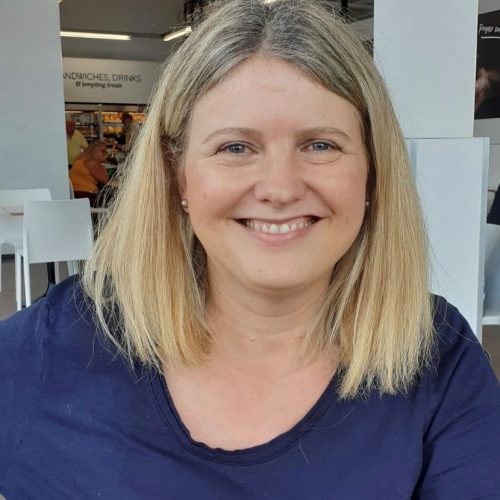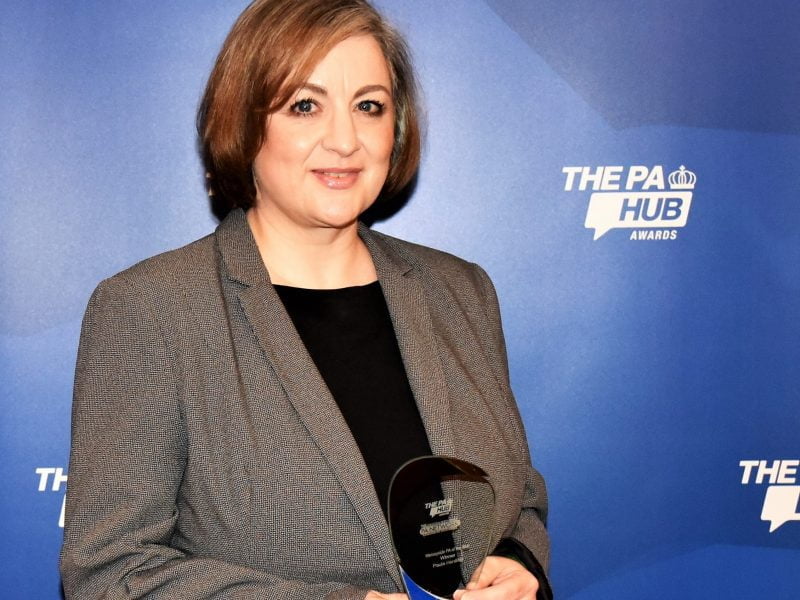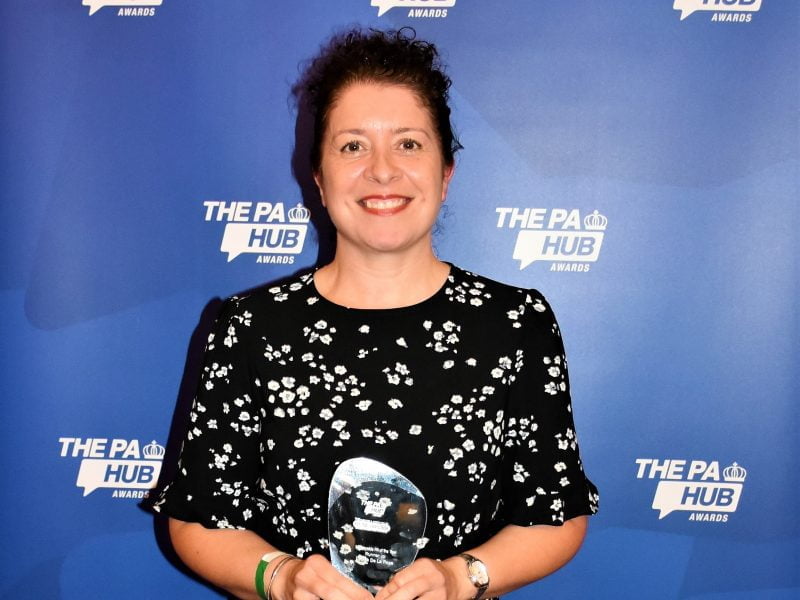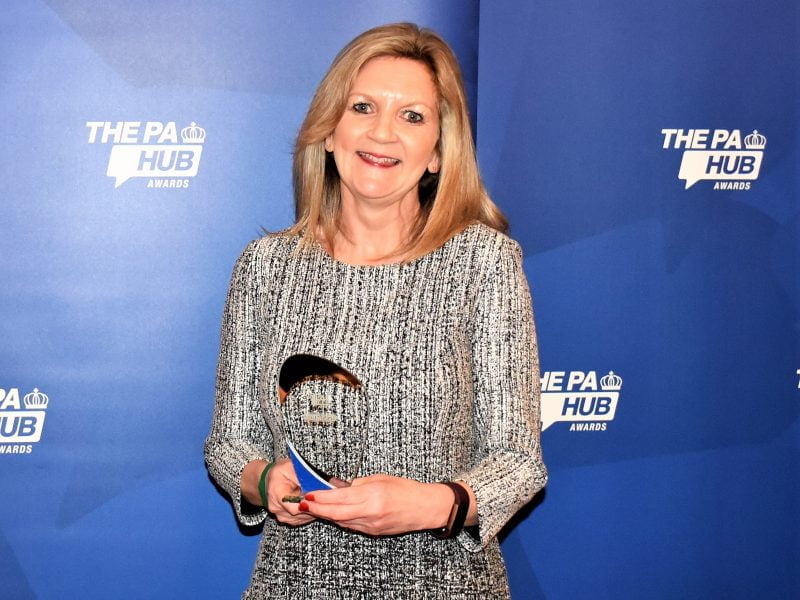Member Q & A – Meet Tania McGargle
PA to Chair of the Board, Bettys & Taylors Group Ltd

May 2021
How long have you been a PA and how long have you been in your current role?
You are making me feel old, as I have been a PA (with a brief spell as a Property Manager) for over 30 years!
I have just had my 10th work anniversary with Bettys & Taylors Group, as PA to the Chair of the Board.
What do you like most about your role?
Quite a lot! Bettys & Taylors is such a great company to work for and I love the fact that every day is different, and my role gives me opportunities to develop and stretch myself. There’s the added benefit when we are working in the office of having very tempting tea, coffee and cakes too!
How has your role changed over the last decade?
With the advancement of technology things have become slicker, in the early days we were just starting to use Outlook invites for meetings and fast forward ten years and I’m not sure how we would have all coped without it! Just before the pandemic my boss, Lesley Wild, who was a family member, retired and my new boss, Clare Morrow, the first non-family member became Chair of the Board. We have had to work to build our working relationship almost entirely via Zoom and Teams!
You are an active member of The PA Hub – what do you enjoy about being a member?
I’m a digital member and this has worked perfectly for me, as I have been able to either join the sessions live or view the recording later at a time that works for me. I am always keen to learn so I particularly enjoy the development sessions to keep me up to speed, challenge my thinking and pick up those golden nuggets.
You recently qualified as a Mental Health First Aider (MHFA) – can you tell us how long it took and what is involved in the training for those who may be interested in doing the training?
I studied via a Mental Health First Aid England virtual course. This was tailored for our company and was made up of four half day sessions, with about two hours of prep work and assessments prior to each.
The course covered specific mental health issues, how to identify early symptoms and options for professional treatment. Some of the course was tough going and draining but the skills and knowledge gained will help in both my professional and personal life.
Can you tell us a little more about the role of a MHFA in the workplace?
As one in four of us will experience a mental health issue in any one year, talking and learning more about mental health can reduce the stigma and increase people’s willingness to offer support. The training has given me more confidence and skills to recognise signs of mental ill health.
I also trained last year to become a Listening Peer in the business and the MHFA training helps me with this role. The Listening Peer provides initial support to colleagues who ask for help, offering emotional support and encouragement by providing a non-judgmental listening ear. We also help to promote an environment where they are free to discuss their wellbeing opening and honestly. We do not attempt to diagnose or treat mental health issues.
It is great to see more employers recognising the need to help those with mental health issues – if someone is reading this and their company hasn’t got this in place how could they begin the process to introduce MHFAs?
I recognise that I’m lucky working for Bettys & Taylors Group as not every company are set for this. I think a good place to start would be to have a discussion with the HR and/or Learning & Development teams. The value of having open conversations about mental health in the workplace will be even more important as we recover from the impact of the pandemic.
Mental health issues have risen throughout the pandemic due to so many different reasons and it can affect anyone at all ages. Are there any signs someone can look out for that may suggest someone may need some help?
Mental health problems can have a lot of different symptoms and signs. Whilst we do not attempt to diagnose or treat mental health issues, signs in colleagues could be that their behaviours may have changed e.g. they may have outbursts of anger or emotion, absences from work, not looking after their appearance as they normally would, they appear or look very tired or drained and distracted. This is not an exhaustive list by far though.
If someone doesn’t have anything in place at work what professional bodies can people approach if they themselves or someone they know are in need of some help?
If you have concerns about someone, encourage them to talk – this could be to you, their family, friends or at work the HR team and encourage them to seek help from their GP.
It is well known that work life balance is important for everyone. What are your top tips for work life balance?
Set clear boundaries for work and life.
Make time for yourself – take a daily break and go outside and get close to nature.
Communicate your needs – don’t assume other people know what you need.


